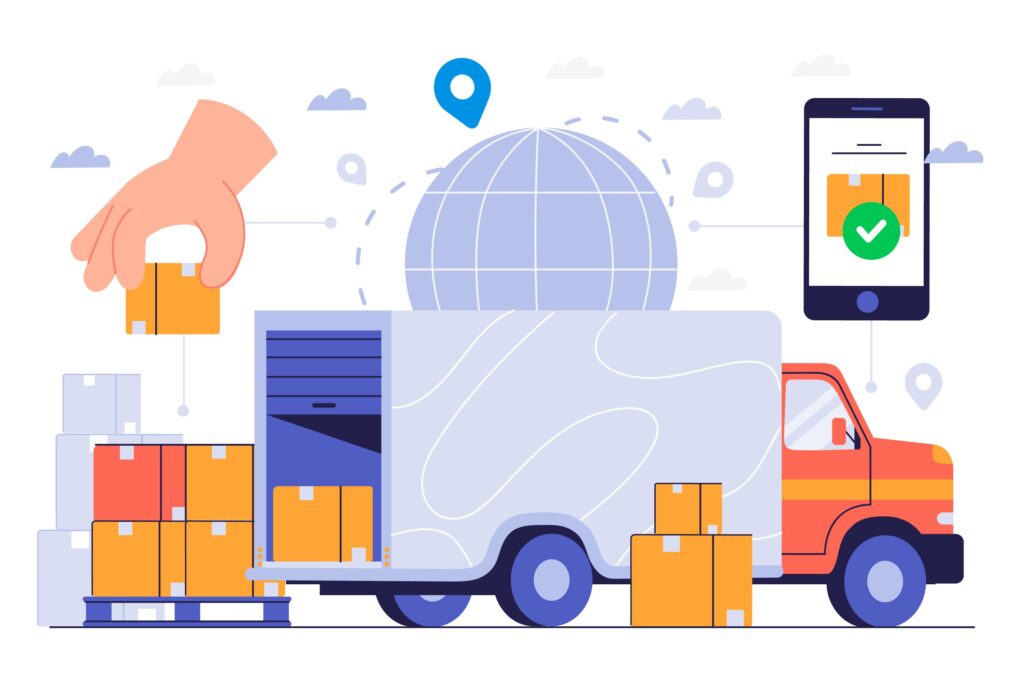Logistics is the lifeblood of global trade, and in 2024, the industry faces numerous challenges that require innovative solutions. This article explores these challenges, their impact, and practical strategies to overcome them, ensuring smooth operations and sustainable growth.
Major Logistics Challenges in 2024
Global Supply Chain Disruptions

The global supply chain is the backbone of logistics, but it is increasingly vulnerable to disruptions. Natural disasters, geopolitical tensions, and pandemics can cause significant delays and shortages.
Solutions for Supply Chain Disruptions
To mitigate these disruptions, companies should diversify their supplier base, invest in advanced technologies like AI and blockchain for better visibility and forecasting, and foster collaboration with partners for more resilient supply chains.
Rising Fuel Costs
Fuel prices have been on the rise due to geopolitical instability and increased demand. This directly affects transportation costs, making it a critical challenge for logistics companies.
Mitigating Rising Fuel Costs
Adopting fuel-efficient transportation methods, exploring alternative energy sources like electric and hydrogen-powered vehicles, and implementing fuel hedging strategies can help companies manage rising fuel costs.
Labor Shortages
The logistics industry is facing a significant labor shortage due to an aging workforce, lack of skilled labor, and the high physical demands of the job.
Addressing Labor Shortages

Automation and robotics can reduce dependence on human labor, while comprehensive training programs can attract and retain talent. Improving working conditions and offering competitive wages and benefits can also make logistics jobs more appealing.
Regulatory Changes
New regulations on emissions, safety standards, and trade policies are being implemented globally, impacting logistics operations.
Adapting to Regulatory Changes
Staying informed about regulatory changes and maintaining flexibility in business practices are essential. Companies should also engage in advocacy to help shape policies that affect their operations.
Environmental Concerns
Sustainability is becoming increasingly important in logistics. Companies must address environmental concerns such as carbon emissions and waste management.
Overcoming Environmental Challenges
Implementing green logistics strategies, investing in eco-friendly technologies, and promoting corporate social responsibility initiatives are effective ways to address environmental challenges. Companies can adopt practices like optimizing routes, using electric vehicles, and recycling packaging materials.
The Role of Technology in Overcoming Logistics Challenges
Advances in technology play a crucial role in addressing logistics challenges. AI, IoT, and blockchain enhance supply chain transparency, efficiency, and security.
Benefits of Technology Adoption

Technology adoption leads to better data analytics, real-time tracking, and improved customer service. For instance, IoT devices can monitor the condition of goods in transit, while AI algorithms optimize routing and inventory management.
Conclusion
In 2024, the logistics industry faces significant challenges, including supply chain disruptions, rising fuel costs, labor shortages, regulatory changes, and environmental concerns. By adopting innovative solutions, investing in technology, and fostering collaboration, companies can navigate these challenges and ensure sustainable growth.
FAQs
What are the main logistics challenges in 2024?
The main challenges include global supply chain disruptions, rising fuel costs, labor shortages, regulatory changes, and environmental concerns.
How can companies reduce the impact of rising fuel costs?
Companies can adopt fuel-efficient transportation methods, explore alternative energy sources, and implement fuel hedging strategies to manage rising fuel costs.
What technologies are most effective in logistics?
AI, IoT, and blockchain are among the most effective technologies, enhancing supply chain transparency, efficiency, and security.
How can businesses address labor shortages in logistics?
Businesses can use automation and robotics, implement comprehensive training programs, and improve working conditions to attract and retain talent.
Why is sustainability important in logistics?
Sustainability is crucial for reducing environmental impact, meeting regulatory requirements, and appealing to environmentally conscious consumers.



